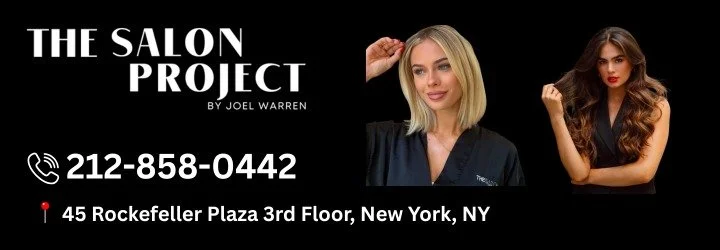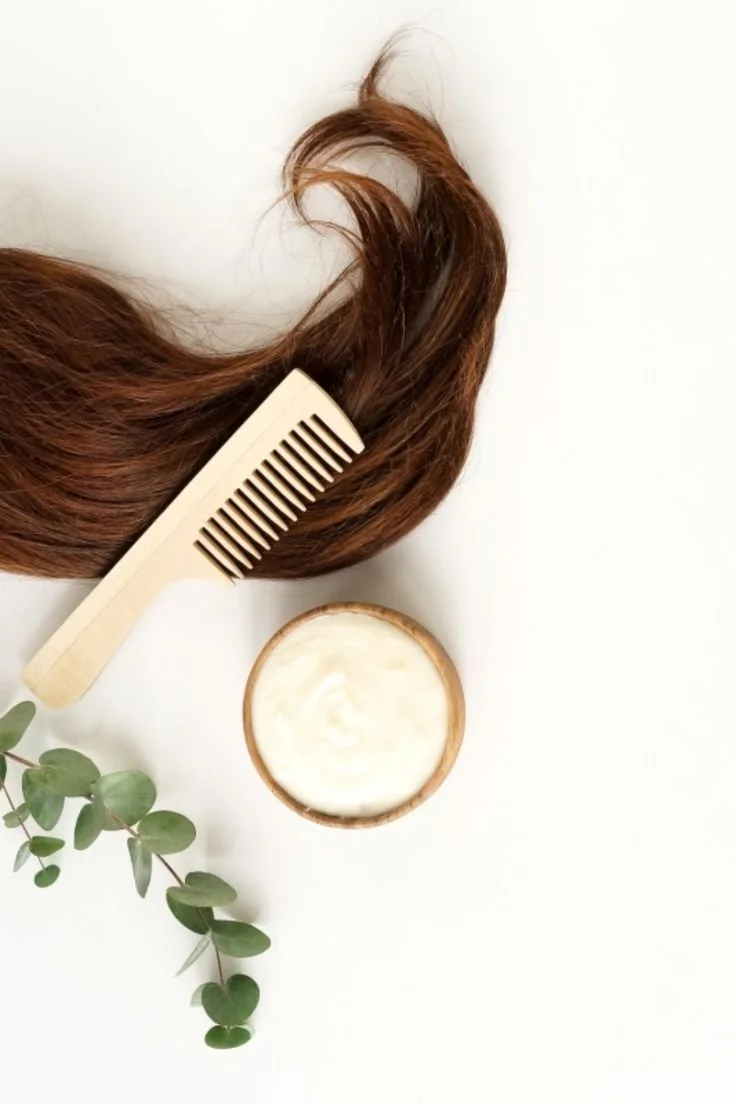Eco-Friendly Products Gain Popularity in Haircare Routines
Caring for our hair is more than just a daily habit—it is a reflection of lifestyle, self-expression, and health. Haircare routines have evolved significantly in recent years, shaped by fashion, wellness trends, and growing environmental awareness. Today, more people are turning to eco-friendly products to align their beauty rituals with sustainable values. This shift has transformed the way salons, such as The Salon Project by Joel Warren, and individual consumers approach haircare.
The Evolution of Haircare Routines
In the past, haircare was often seen as a luxury, tied primarily to fashion or beauty standards. Routines were typically built around shampooing, conditioning, and styling. While these basics remain, modern routines now emphasize scalp health, hydration, and long-term protection against environmental damage. More individuals are incorporating masks, serums, and heat-protection products into their regular schedules.
This evolution highlights a broader shift: haircare is no longer just about appearance, but also about maintaining overall wellness. Hair is treated as an extension of the body’s health, requiring conscious choices about ingredients and methods.
The Role of Eco-Friendly Products
As consumers grow more eco-conscious, there has been a clear demand for sustainable options. Eco-friendly haircare products prioritize natural ingredients, recyclable packaging, and cruelty-free testing. Unlike traditional formulations that may rely heavily on harsh chemicals, these alternatives use plant-based extracts, essential oils, and biodegradable materials.
This growing movement is not just a passing trend; it reflects a cultural transformation. People want their daily haircare routines to align with their values. Choosing eco-friendly shampoos, conditioners, and styling creams allows customers to reduce their environmental impact without compromising effectiveness.
Professional Salons Lead the Way
Innovative salons have taken the lead in introducing sustainable practices to the beauty world. A prime example is The Salon Project by Joel Warren, which has redefined the salon experience by offering curated, high-quality services that incorporate advanced products and techniques. The salon not only focuses on artistry and precision in styling but also embraces sustainability as part of its philosophy.
At The Salon Project by Joel Warren, clients are encouraged to explore eco-friendly product lines that deliver luxury results while supporting environmental responsibility. These products, available in-store and through partnered retailers, bridge the gap between professional-grade care and conscious living. By combining innovation with sustainability, the salon sets a standard for the modern beauty industry.
Why Eco-Friendly Products Are Gaining Popularity
Several factors explain why eco-friendly products have become essential in haircare routines:
Health Benefits – Natural ingredients are gentler on the scalp and hair shaft, reducing irritation, dryness, and long-term damage.
Environmental Impact – With growing concerns about plastic waste and pollution, recyclable and biodegradable packaging appeals strongly to environmentally aware customers.
Cultural Awareness – Social media has amplified awareness about sustainability, making eco-friendly beauty products not only desirable but also socially responsible.
Effectiveness – Modern green formulations are highly advanced, offering hydration, repair, and styling performance equal to, or even better than, traditional products.
Building a Balanced Haircare Routine
Creating a personalized haircare routine requires understanding individual needs, hair type, and lifestyle. A balanced routine often includes:
Cleansing: Choosing sulfate-free shampoos that clean without stripping natural oils.
Conditioning: Using conditioners with plant-based oils like argan or jojoba for hydration.
Protection: Applying serums and sprays to shield hair from heat and UV damage.
Repair: Weekly masks or treatments to strengthen and restore hair health.
Styling: Lightweight, eco-friendly products that enhance natural texture without buildup.
Incorporating eco-friendly choices into each step makes routines healthier for both the individual and the planet.
The Influence of Retail and Accessibility
Eco-friendly haircare products are no longer niche items. They are now available in mainstream markets, including our store, where we feature carefully selected lines that prioritize sustainability. Customers can easily access the same high-quality, eco-conscious items used in professional salons like The Salon Project by Joel Warren. This accessibility ensures that anyone can build a sustainable routine without sacrificing results.
The Future of Haircare Routines
Looking ahead, haircare routines will likely become even more personalized and eco-conscious. Advances in biotechnology are already paving the way for innovative products that combine science with nature, offering targeted solutions for scalp health, hair loss, and styling needs. Digital tools and salon consultations will further help individuals design routines tailored to their unique profiles.
Eco-friendly practices will remain central to this future. As more people prioritize sustainability, salons and retailers will expand their offerings of green products and services. The beauty industry, once criticized for its environmental footprint, is now actively reshaping itself into a force for positive change.
Conclusion
Haircare routines are no longer just about looking good; they are about living consciously. By integrating eco-friendly products, individuals can care for their hair while making a positive impact on the planet. Salons such as The Salon Project by Joel Warren are leading the way, proving that style, luxury, and sustainability can coexist seamlessly.
With high-quality eco-friendly products now available in our store, everyone has the opportunity to embrace this new era of beauty. The shift toward sustainable haircare is more than a passing fashion—it is a meaningful lifestyle choice that will define the future of personal care.



